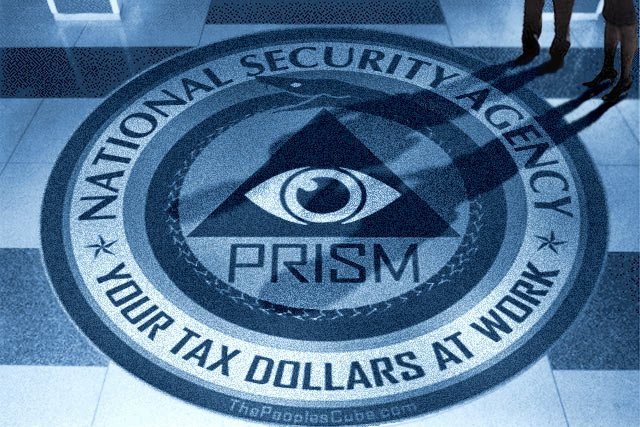NSA Revealed to have Collected Docs from Innocent Individuals, not Valid Targets
Gabriel Roşu / 10 years ago

It appears that a huge report from The Washington Post has uncovered a large number of communications and documents collected by the National Security Agency’s surveillance programs.
The report is stated to have revealed that 9 out of 10 users from the collected documents are not the people targeted by the agency. However, personal emails, instant messages, photos and personal documents from these people are said to still remain in the NSA database, even though they have been marked as irrelevant to the agency.
It is said that a large number of ‘victims’ are US citizens or residents, having The Washington Post analyse the files, also known as FISA documents, collected by the NSA between 2009 and 2012 under programs such as PRISM or Upstream.
The collected documents are said to have been delivered by Edward Snowden, having it be previously debated with NSA officials that Snowden in fact did not have access to such private communications. The agency did however ‘minimize’ collected information, having email addresses for example obscured, as the law states.
The Post is said to have found over 65,000 ‘minimised’ documents, but the most interesting part is around 900 of them were not obscured. This meant that sensitive information made it through censorship. More shocking is the way security analysts handled communications from foreign individuals. The Post stated that e-mails simply written in a foreign language were reason enough to believe that a person was not an American, having them opened to a degree warrantless surveillance under US law. In addition to the latter, everyone in the friends’ list of a so-called ‘foreigner’ was also deemed to be a non-American individual.
While the privacy concerns mentioned above are very real, information gathered did however lead to some suspected terrorists. The information however is kept private so as not to interfere with current investigations. Nevertheless, the real question which everybody should be asking themselves is whether or not all the surveillance attempts and non-relevant information gathered, on top of law infringing actions, is really worth it.
Thank you The Verge for providing us with this information



















